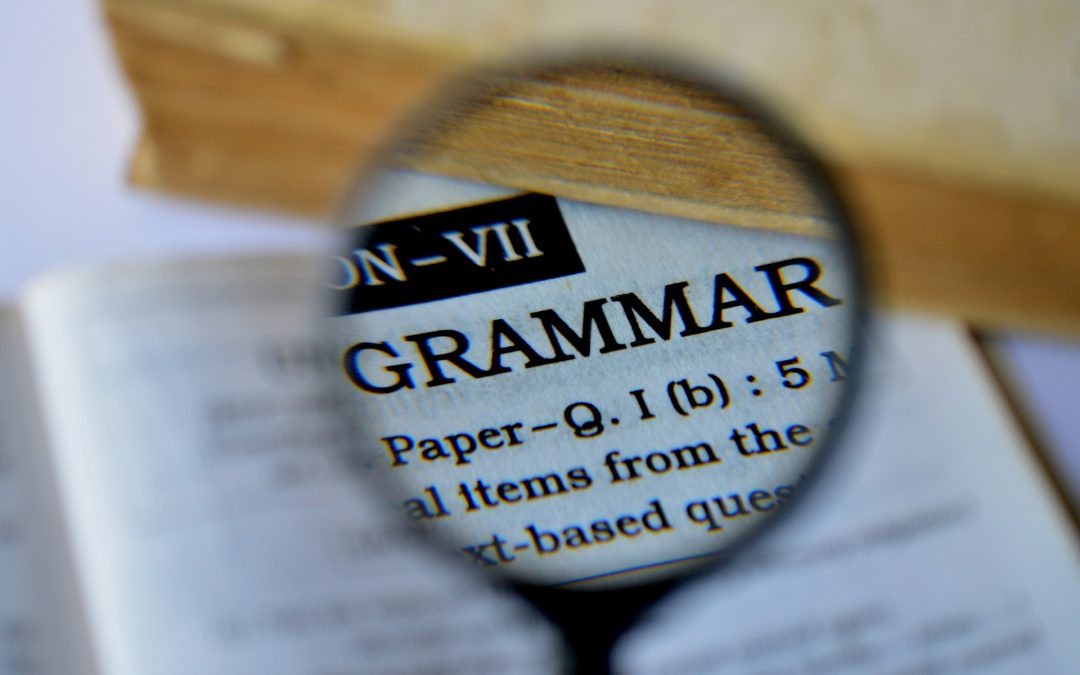Paragraphs are a grey area for many writers, especially those who grew up in the era when schools were experimenting with ways to teach grammar. Some ways were pretty whacky. Was the rule about new paragraphs to make one whenever we drew breath or was that when we stuck in a comma? The rules were not precise.
Do paragraphs really matter? Can writing be persuasive even if the paragraphs are ill-formed and inconsistent? Of course, it can. Stories can engage our emotions, and ideas get us excited even when the grammar is wrong.
In my experience, it is worth making the effort to get our paragraphs precise, however. If writing is like a river we float along as we read, poor grammar snags our readers’ attention and distracts them from enjoying the ride. And if you believe, as I do, that books can change the world, we want to keep readers focused on our message, not our mistakes.
Babushka dolls
Great writing works like Babushka dolls. A sentence is the smallest doll. A paragraph the next. Then the chapter, then the book. Each is complete and nestled within the other. That means a paragraph is defined by its completeness and not by its length. A paragraph can be a sentence or a page. What matters is that each paragraph is about a single topic.
A paragraph starts with an assertion or proposition on a particular topic. In the previous paragraph, my assertion was that great writing is like Babushka dolls. It’s followed by some evidence to back up the assertion. Whether or not you, as the reader, believe the evidence will depend on my ability to present it persuasively. The paragraph finishes when you have written all you have to write on that particular topic.
I could write exactly the same instructions about a chapter or a book, in fact. A chapter starts with an assertion or proposition on a particular topic. A book starts with an assertion or proposition on a particular topic. That is what I mean about the Babushka dolls.
How to end
Some grammar books will tell you to finish your paragraph with a closing sentence that restates your main idea. I am less persuaded by that proposition. Yes, restate your main idea at the end of your chapter or book (or blog), but the closing sentence of most paragraphs should tempt us to keep reading.
So, here are the rules
- Start with an assertion or proposition.
- Back it up with evidence until you believe we are convinced.
- Finish it on a satisfying note that lures us to keep reading unless that para finishes your chapter or book.
PS: Want more? You may like: Why we all love “listicles” and should you use them?

